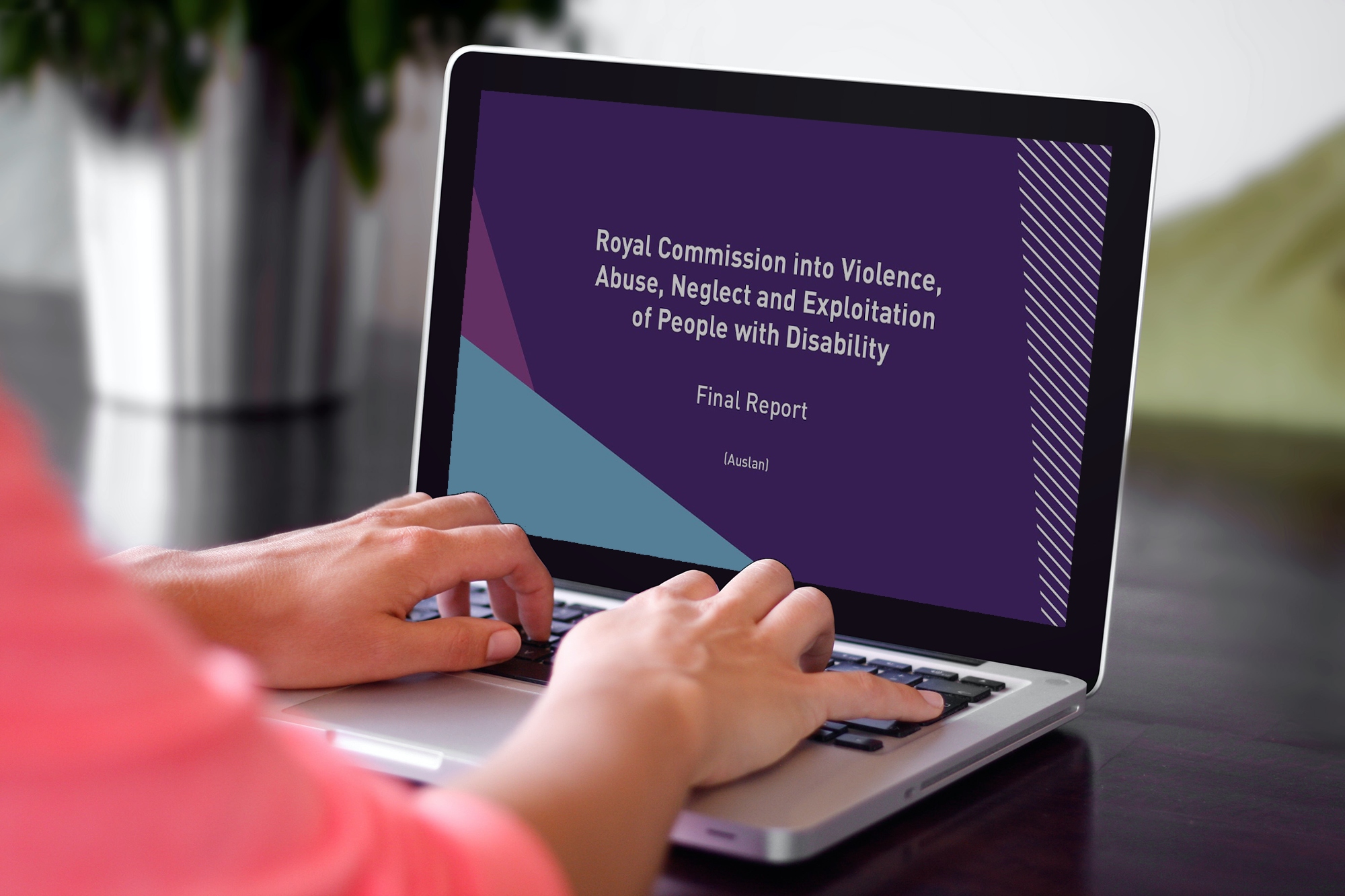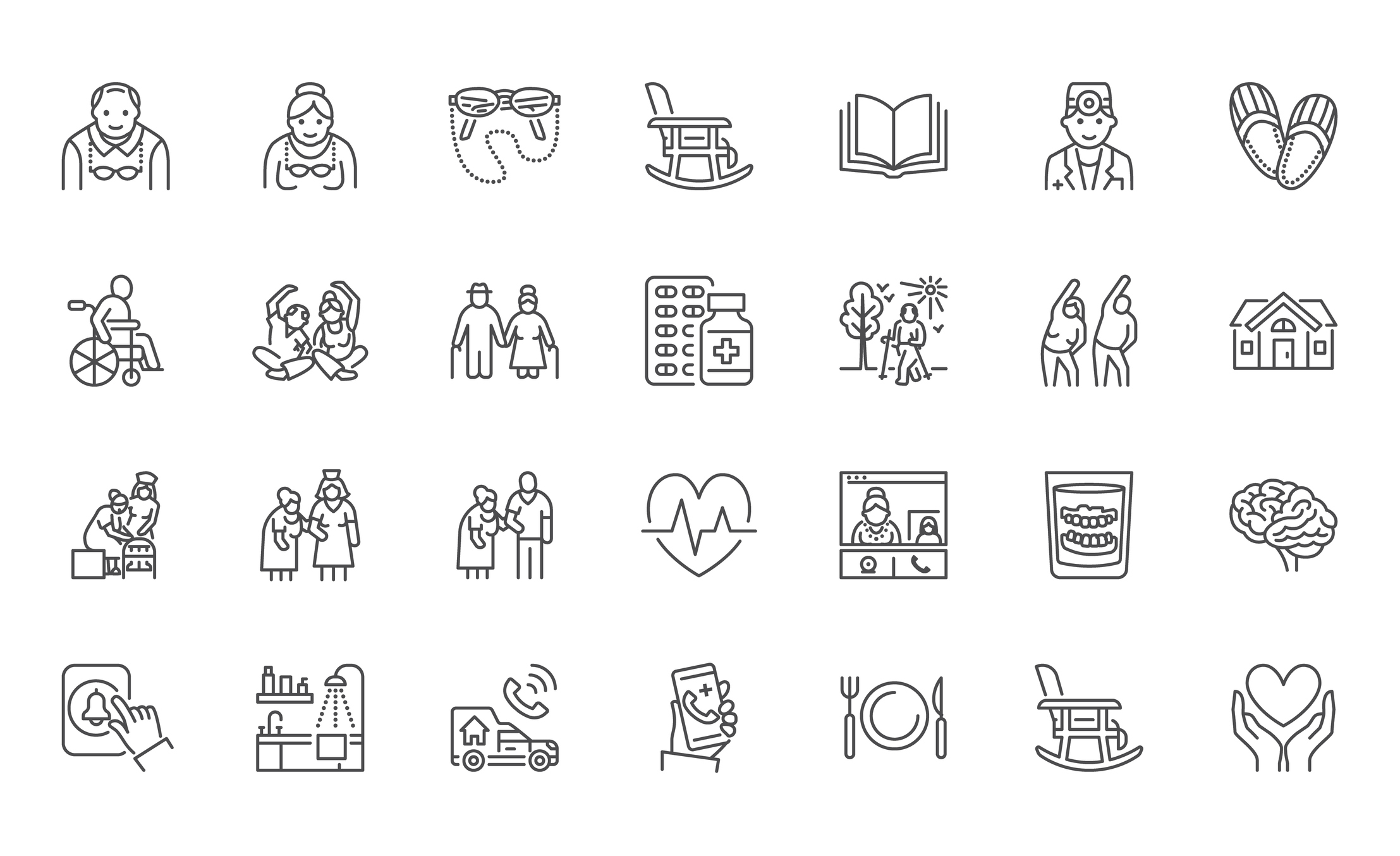The Aged Care Quality and Safety Commission recently released their first annual report regarding the common complaints received about aged care services. Complaints and feedback play a central role in the quality improvement process, as they can highlight issues of concern that care recipients may have. Understanding the problem areas of other providers can help to inform your own quality improvement.
In total there were 9,198 complaints submitted to the Commission from July 2022 to June 2023. The Commission identified 10 main complaint categories in residential aged care. These categories provide some insight into the most common issues faced by service users, and will help providers to identify the processes which they could review as part of their continuous improvement system.
As we go through these main complaint categories, we will note resources that we’ve developed which will help providers ensure that they are working to best practice in these areas. If you already have policies and procedures to address these processes, it might still be helpful to review them and compare them with ours.
Common complaint categories for residential aged care:
- Medication administration and management
Medication management accounted for 5.5% of complaints received by the Commission. Concerns included issues such as medications being delivered late, identification of patients and medicines, and medications not being started.
SPP resources- Policy: Medication Management
- Personal and oral hygiene
Personal care was identified as a problem area for residential aged care providers, with 5.3% of complaints. Personal care includes things such as showering, bathing, and oral hygiene.
SPP resources- Policy: Showering and Bathing
- Policy: Oral Health (Aged Care)
- Personnel number/proficiency
Accounting for 4.8% of complaints about residential aged care, personnel play an essential role in the delivery of safe and quality services. Providers should focus on human resources issues such as recruitment, training, retention, and conditions.
SPP resources- Policy: Employment Conditions
- Policy: Staff Recruitment
- Policy: Key Personnel
- + many more human resources
- Consultation and communication with family/representatives
Lack of communication with family and representatives made up 4.4% of residential aged care complaints in the last year. Engagement with family and representatives is important in ensuring that service users are receiving adequate care and services.
SPP resources- Policy: Partnering with Consumers
- Template: Consumer Advisory Body Terms of Reference
- Falls prevention
While falls prevention and post fall management made up only a small portion of the complaints made to the Commission, these areas present a serious risk for providers.
SPP resources- Policy: Falls Prevention (Aged Care)
- Policy: Showering and Bathing
- Food and catering
Quality and variety of food and catering in residential aged care have received increased focus from the Commission recently. And the new Standard 6 (Food and Nutrition) in the Strengthened Quality Standards, currently being piloted, is dedicated to this area. Providers should implement processes to ensure that meals, drinks and snacks are co-designed, nutritious, and varied.
SPP resources- Policy: Nutrition, Meals and Hydration (Aged Care)
- Template: Mealtime Management Plan
- Client assessment and service implementation
Complaints pointed to service implementation and client assessment as areas which providers should review. Client assessments should not only occur at the beginning of service delivery, but should be a regular and ongoing process.
SPP resources- Policy: Client Assessment and Review
- Template: Client Risk Assessment
- Consultation and communication
Communication was another area identified in the Commission’s report as a problem area. With increased focus now on co-design, supported decision-making and consumer advisory bodies, providers should be implementing best practice communication processes.
SPP resources- Policy: Supported Decision-Making and Dignity of Risk
- Template: Consumer Advisory Body Terms of Reference
- Physical environment
Lack of cleanliness in the physical environment was a common complaint received by the Commission from residential aged care service users. Cleanliness is important in upholding the dignity of service users, and infection prevention and control.
SPP resources:- Policy: Hospitality Services
- Constipation and continence management
Constipation and continence management accounted for 2.8% of residential aged care related complaints. Though only a small number of complaints were made about these issues, proper management of these areas is essential in providing quality and safe care to service users.
SPP resources:- Policy: Continence Management (Aged Care)
Take this opportunity to review your policies and procedures
The Commission’s new report is a great prompt for providers to consider the identified areas of common complaint as part of their continuous improvement activities. Ask yourself the following questions regarding each area, to help you determine whether your current procedures could be improved:
- What complaints and other feedback have we received in each of these areas?
- What is working well?
- Are our procedures consistently followed by all workers?
- Are there improvements we could make?
- Do we need to update our policies as a result?
- If so, have we clearly communicated our revised procedures to all workers?
Interested in our resources?
Take a trial to see our best practice policies and procedures.


